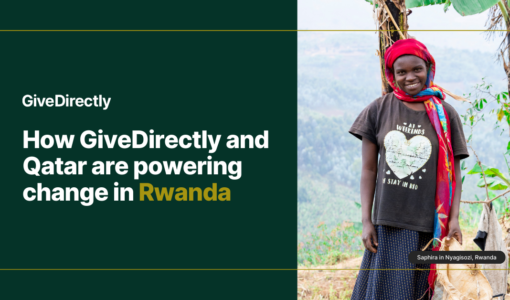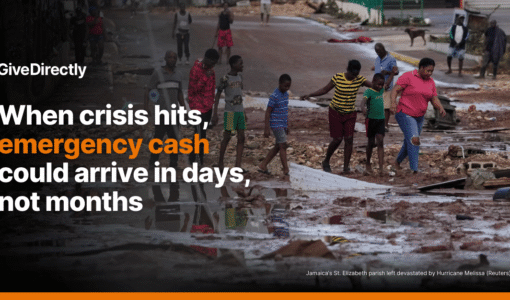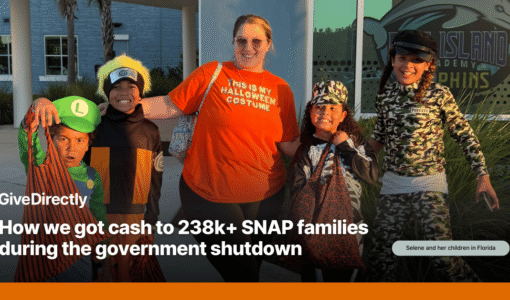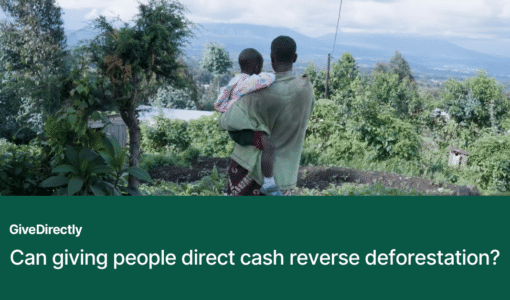Summary
- 💸 A population-wide study in Flint found that unconditional cash from GiveDirectly’s Rx Kids program ($1,500 during pregnancy and $500 a month after birth) cut preterm births by up to 18% and low birthweight births by up to 27%.
- 🏥 The program prevented ~42 preterm births, ~68 NICU admissions, and ~65 low-weight births, saving up to $6.2 million in healthcare costs.
- 🏠 Cash gave moms stability – evictions were nearly eliminated, food access improved, and postpartum depression fell.
- 📍 Rx Kids has now expanded to 11 Michigan communities, proving that universal cash for moms and babies works at scale and can be replicated anywhere through public–private partnerships with TANF funds.
A statewide study of GiveDirectly’s Rx Kids program in Flint, Michigan found that giving every pregnant woman in the city $1,500 during pregnancy and $500 monthly postpartum in cash led to healthier births and saved millions in healthcare costs. The findings highlight that poverty itself is a health risk factor for mothers and babies — and show that unconditional cash can work as a universal public health policy.
The study was led by researchers at Michigan State University and the University of Michigan, who analyzed more than 450,000 births across the state.
Cash led to more healthy newborns and fewer costly NICU stays
Compared to similar Michigan cities, premature birth rates fell by up to 18% (-2.7pp) and low birth weight births by up to 27% (-4.2pp) relative to Flint’s baseline rates.
This led to fewer newborns requiring neonatal intensive care and savings in healthcare costs.
Cash led to healthy births by enabling healthier pregnancies
With cash easing economic pressures, mothers were able to seek prenatal care earlier and more consistently, while also cutting back on harmful behaviors. A new study found that RxKids led to significant gains in early, consistent, and adequate care.
These health gains were possible because cash enabled more stability in mothers’ daily lives
Another new study in the American Journal of Public Health followed more than 1,000 mothers who gave birth at Flint’s public hospital, comparing outcomes before and after the program with a group just outside the city. Researchers found the program nearly eliminated evictions, reduced housing debt, and gave families the security to buy the food they wanted.
That stability in turn fueled stronger mental health: postpartum depression and anxiety fell, while hope, dignity, and trust in public systems grew. This is supported by an additional new study, which finds that moms eligible for the RxKids program experience less parenting stress than those not eligible.
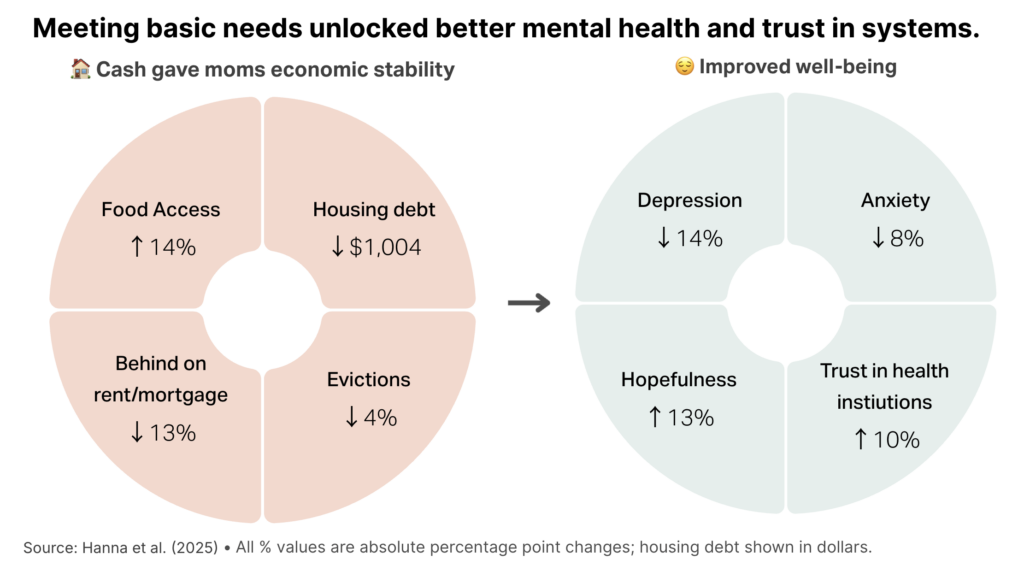
As researchers conclude: “The perinatal period, a time of profound neurodevelopmental consequence, represents a critical window of opportunity to intervene on the economic conditions that shape birth outcomes. Unconditional cash transfers are a promising policy tool to address this acute period of economic hardship” (Agarwal et al., 2025).
Every dollar invested in this program saved money while boosting the local economy
In addition to improving health outcomes and reducing hardship for moms, Rx Kids also generated potential healthcare savings that outpaced the cash delivered. Researchers estimate that fewer preterm births alone saved up to $6.2 million, compared to the $5.8 million in cash distributed to mothers through January 2025.
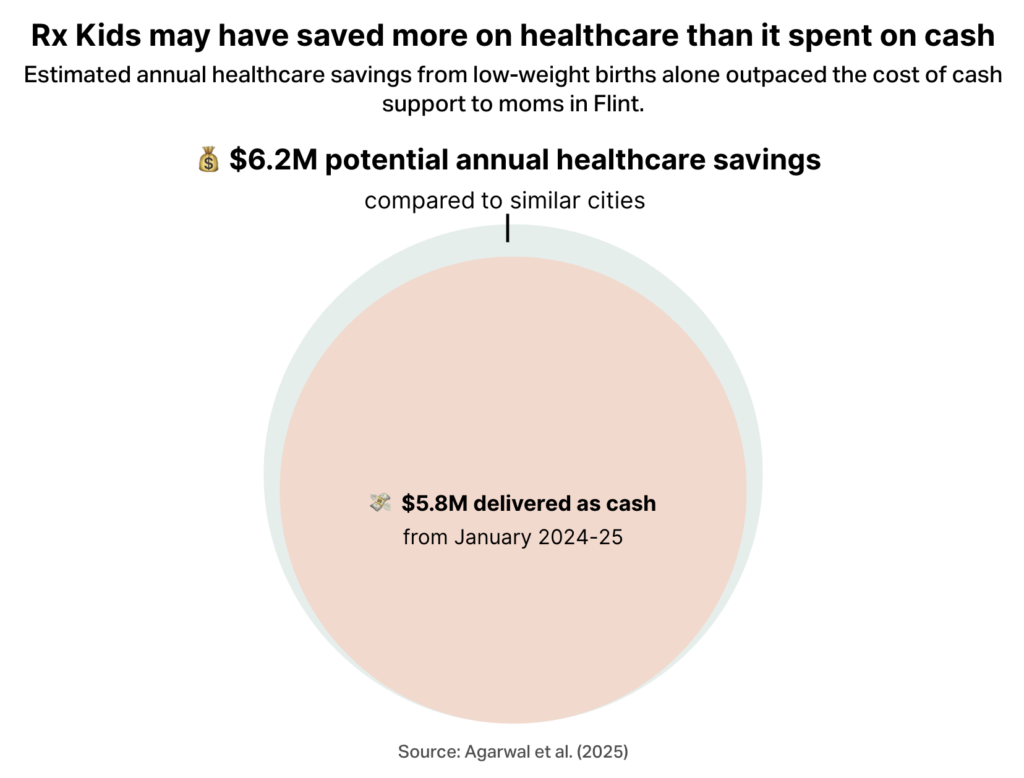
The program also strengthened the local economy. An independent analysis estimates that every $1 invested generated about $1.60 in local activity. In Flint, $7.5 million in transfers (through April 2025) created roughly $12 million in economic impact, as families spent money on necessities at local businesses.
Rx Kids is already scaling across Michigan with bipartisan support
Unlike typical research pilots that end after data collection, Rx Kids was designed as a long-term public health policy, with backing from leaders across the aisle. The program is still running in Flint with close to 100% uptake among pregnant mothers and has already expanded to 10 additional Michigan communities, including both urban areas and rural counties.
With maternal mortality rising and preterm births affecting 1 in 10 American babies, policymakers need interventions that work at scale. By proving universal cash can operate statewide, Michigan offers a model other states can follow. While the results in Flint are promising, it’s worth noting that RxKids intentionally targets places with high rates of poverty. Additional research will be needed to confirm if it is as effective in places with more socioeconomic diversity. As researchers note, “Programs like Rx Kids may improve the economic stability, health, and well-being of entire disadvantaged places, while infusing hope to reimagine the social contract and bolster democracy” (Hanna et al., 2025).
Cash during pregnancy should be in every state’s public health toolkit
Results from Rx Kids show that unconditional cash during pregnancy is an effective way to improve maternal and child health, while also saving taxpayer money. This research adds to mounting evidence that cash during pregnancy supports healthier moms and babies.
This is also the first time a state has used TANF (Temporary Assistance for Needy Families) dollars for unconditional cash for moms and their babies. By treating childbirth as a “short-term episode of need,” state leaders can redirect TANF funds directly to families — without new federal approval or legislation. Any state can adopt this model today.
As Dr. Mona Hanna, who led the Flint water crisis investigation and now directs Rx Kids, puts it: “We learned from Flint that when systems fail families, you have to think differently. Sometimes the most powerful intervention is just getting money directly to mothers.”
